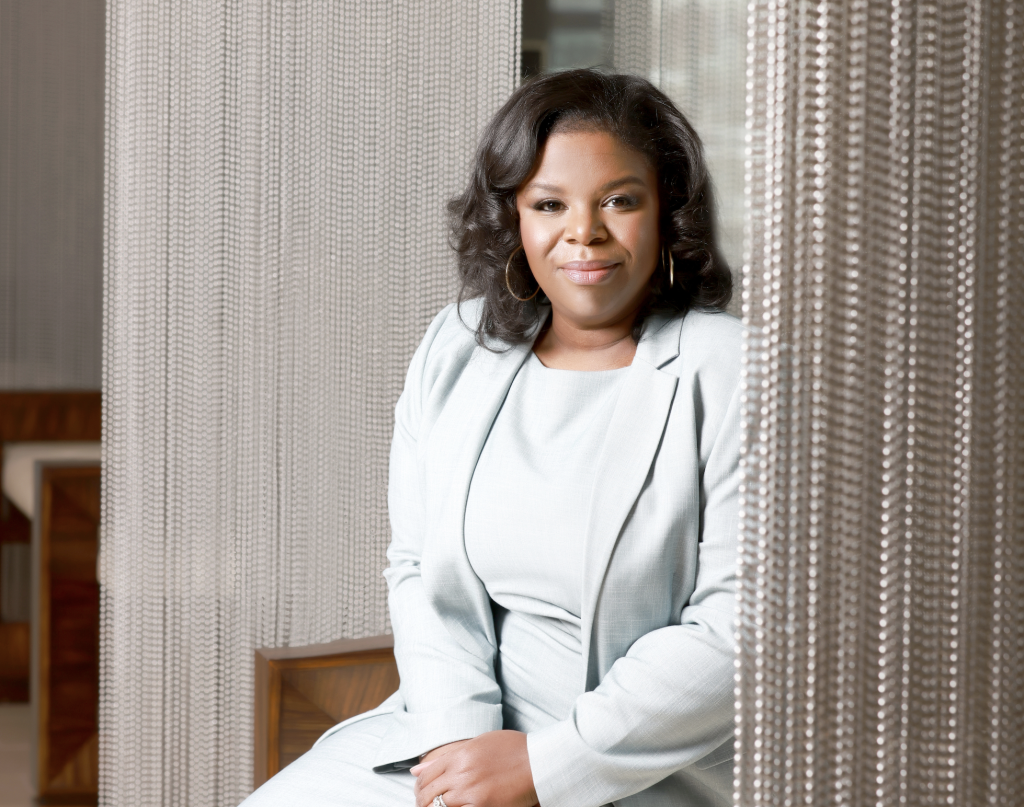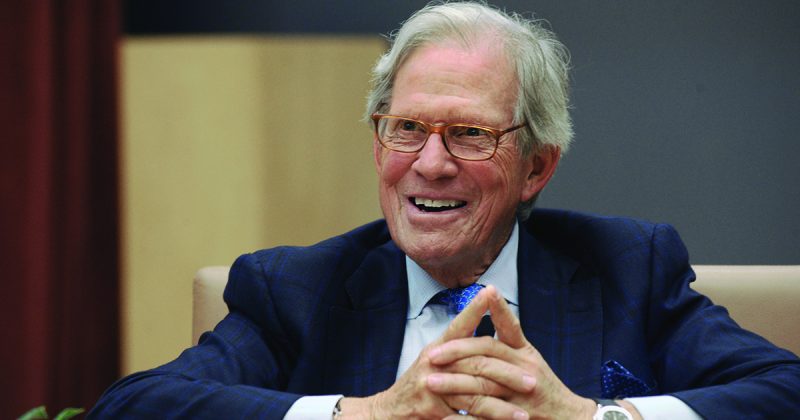
Historian Blair L.M. Kelley received a John Hope Franklin Fellowship through the National Humanities Center to work on her book, "Black Folk: The Roots of the Black Working Class." (Photo by Katrina Wittcamp)
In her new book, award-winning scholar Blair L.M. Kelley shines a spotlight on the often-overlooked contributions of everyday Black workers through the lens of her own family’s story.
Q: Can you give us a brief synopsis of your book?
A: Beginning with the stories of my own ancestors and combining that with archival research, Black Folk: The Roots of the Black Working Class (W.W. Norton) is a human exploration of Black working-class history. Beginning with the history of my ancestor, Henry, a blacksmith, then continuing using family stories and oral histories, my book explores the collective power present within the Black community. The book investigates professions — sharecroppers, washerwomen, Pullman porters, postal workers, household workers — but with an eye toward people’s everyday lives. Black Folk asks: What does it mean to be a Black working person? How do Black workers survive subjugation in order to create community? In the book I find some incredible stories — some devastating, some uplifting — but all of them have something to teach us about our past, our present and what’s possible in America’s future.
Q: How does this fit in with your research interests and passions?
A: I consider myself to be a historian of the Black experience, but I’ve never thought of myself as a labor historian or a union historian. So, when I was approached about the possibility of writing about the Black working class, I wondered if I was the right person. My editor asked me to think about framing the book from my own perspective as a scholar and a writer. I love the challenge of trying to figure out what happened in the past and what that past can teach us, so Black Folk was my answer to a challenging question.
Q: What surprised you when researching/writing this book?
A: The most surprising things were all the connections that I made, the threads that I could pull when telling the story. I started the writing process in what is now the middle of the book, with the chapter on maids and a focus on Philadelphia, and I was looking for an oral history that would dovetail with the kind of story I wanted to tell. I discovered an interview with a woman named Minnie Savage, which had been recorded decades ago. I realized that she was from the same place that my father’s family was from, on the Eastern Shore of Virginia in Accomack County. And then I realized that she probably migrated within a year or two of my own grandfather. It was such a gift to have insight into her experience, and by extension, to know more about my grandfather’s experience. Then when I was looking for an oral history with a washerwoman, I discovered Sarah Hill, and then I figured out that Sarah was from the same small county, Elbert County, Georgia, as Henry, my three-times great-grandfather that I write about in the opening chapter. This started to go beyond coincidence and started to feel purposeful.
Q: Where’s your go-to writing spot, and how do you deal with writer’s block?
A: I wrote much of Black Folk during the pandemic, and I started out writing it in my kitchen at night. Then I realized: Who needs a dining room in the middle of the pandemic? So I turned it into my new office!
I don’t really get what I would call writer’s block. My major limitation is that I do not write during the day. My brain is much freer during late-night hours, 11 p.m. to about 3 a.m. Being kind of punchy and sleepy at night helps me relax, and the words flow.
Blair L.M. Kelley is the Joel R. Williamson Distinguished Professor of Southern Studies and director of the Center for the Study of the American South.
Read more books by College faculty and alumni at magazine.college.unc.edu. Check out our “Bookmark This” feature at college.unc.edu. And, find more books for your reading list.
Published in the Fall 2023 issue | Chapter & Verse
Read More

Frey lecturer discusses Bloomberg career, Carolina roots
Bloomberg Chairman Peter T. Grauer stressed the personal and professional…

Leibfarth named Institute for Convergent Science fellow
Chemist Frank Leibfarth, who is researching a potential method of…

‘One of the kindest persons I’ve ever met’
Tar Heel community mourns the tragic loss of nanoscience researcher…

